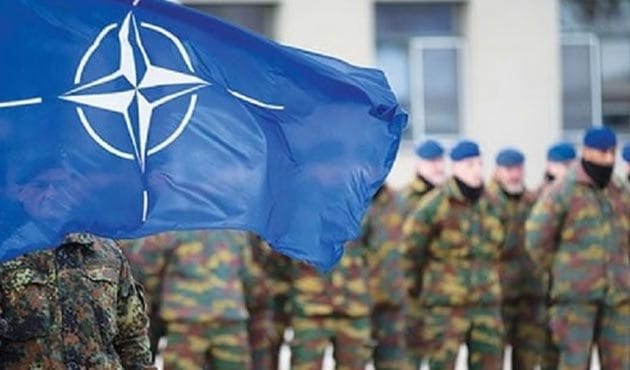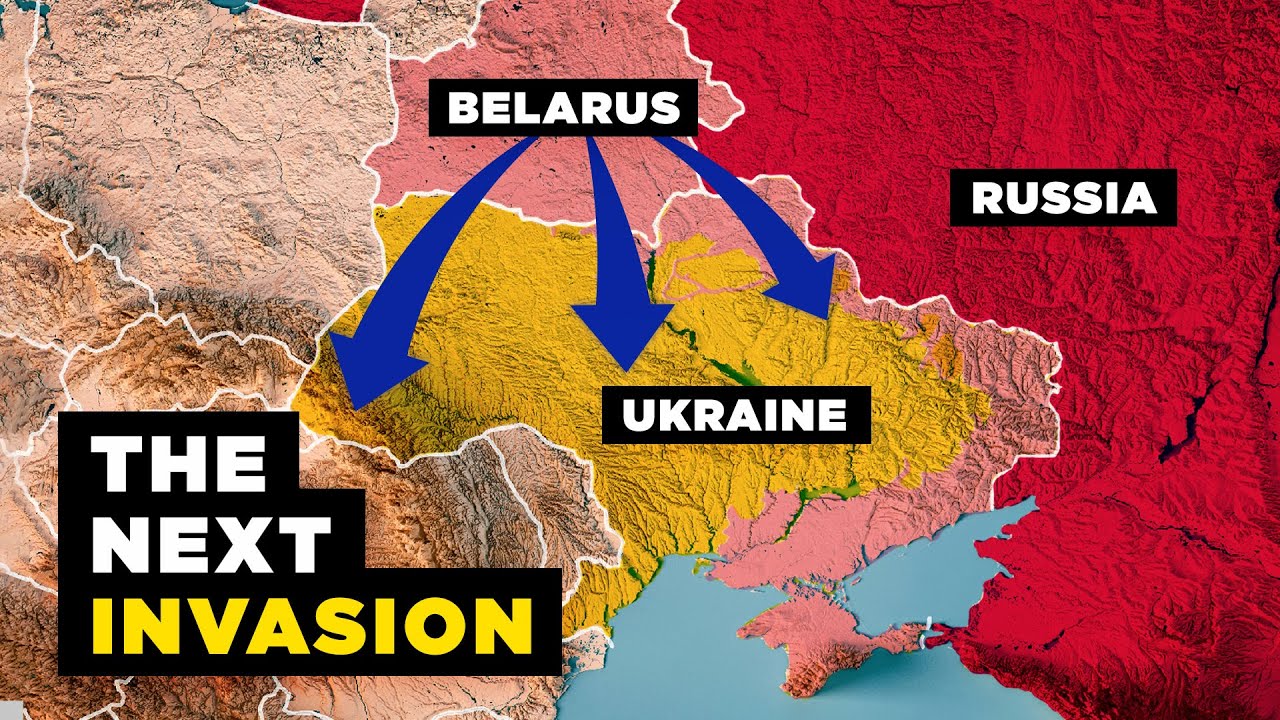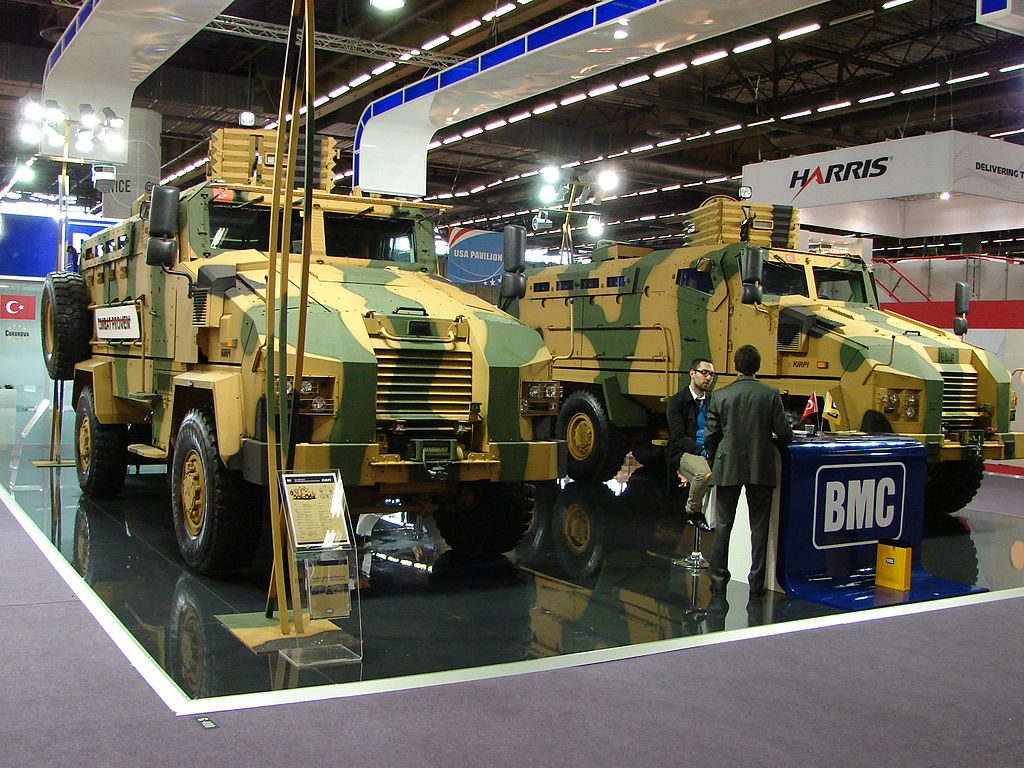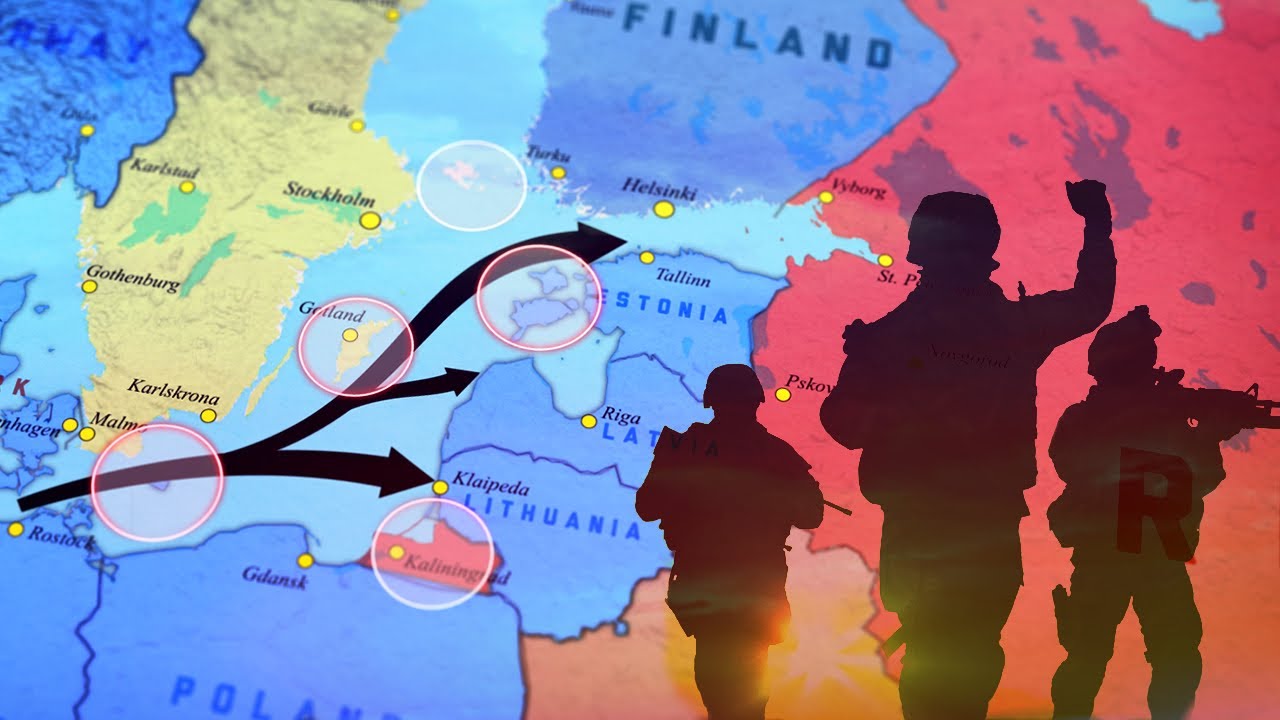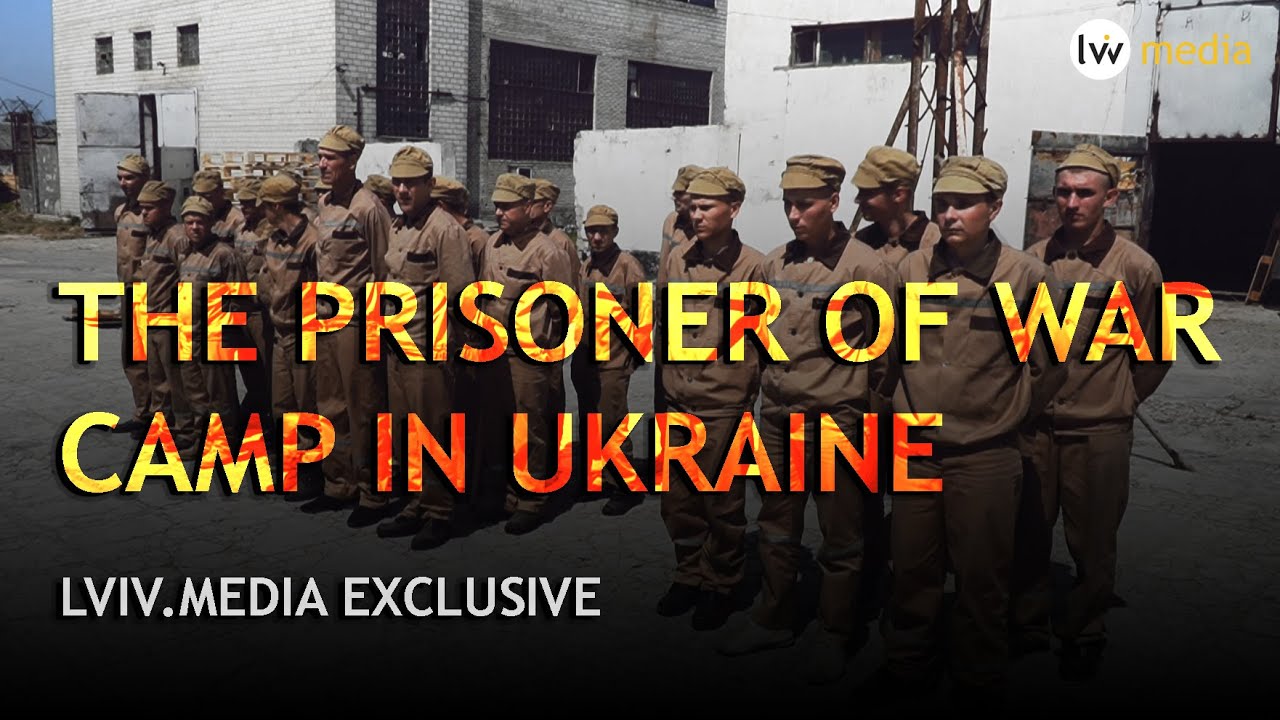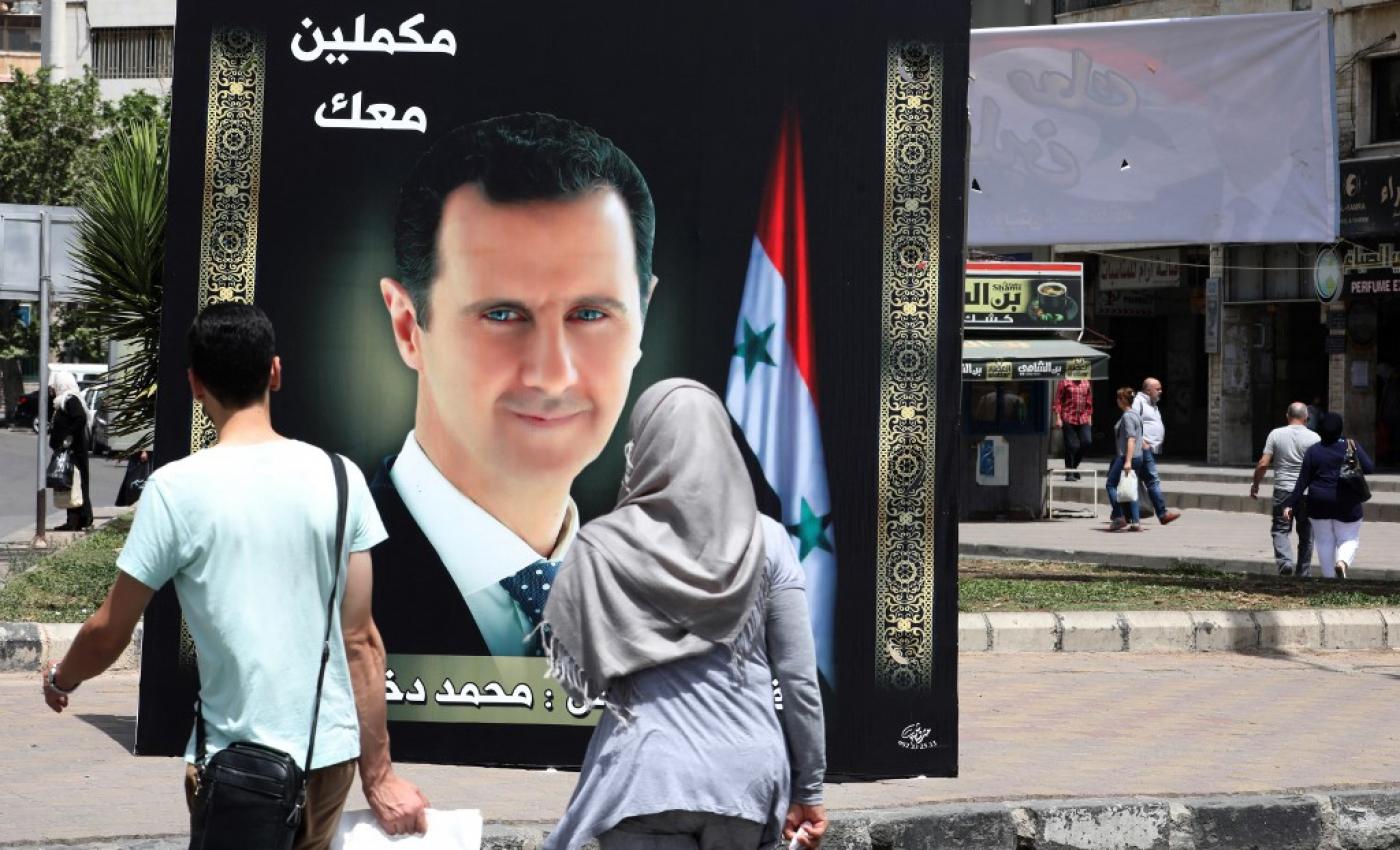It is obvious that the Erdogan’s Republic of Türkiye has always played a double game.
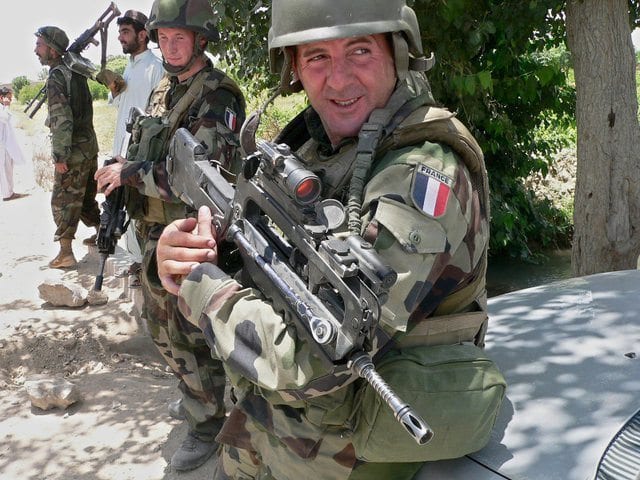
A NATO presence but also special relations with Putin’s Russia. It seems that between dictators, we like to stick together …
On September 12, 2017, the Republic of Türkiye signed a contract with Russia for the purchase of S-400 systems for an amount of 2.5 billion dollars with delivery initially scheduled for 2020.
On this occasion, Turkish President Recep Tayyip Erdogan declared, “We alone make decisions that fall under our independence.”
However, NATO, and more particularly the United States, did not see it that way and believed that this decision greatly threatened the Republic of Türkiye’s ties with its Western partners as well as the security of NATO materials.
America then sanctioned the Republic of Türkiye and denied it access to the purchase of American military equipment. The Turks were thus unable to renew their aging F16s with F35s.
However, it is not possible to exclude Erdogan’s Republic of Türkiye because the Republic of Türkiye occupies a strategic position between Europe and Asia. To deprive oneself of Turkey would greatly weaken NATO.
Everyone knows this, and that is why despite all of Erdogan’s eccentricities and the fact that he plays a double game, Turkey will remain in NATO.
Sylvain Saurel’s Newsletter

